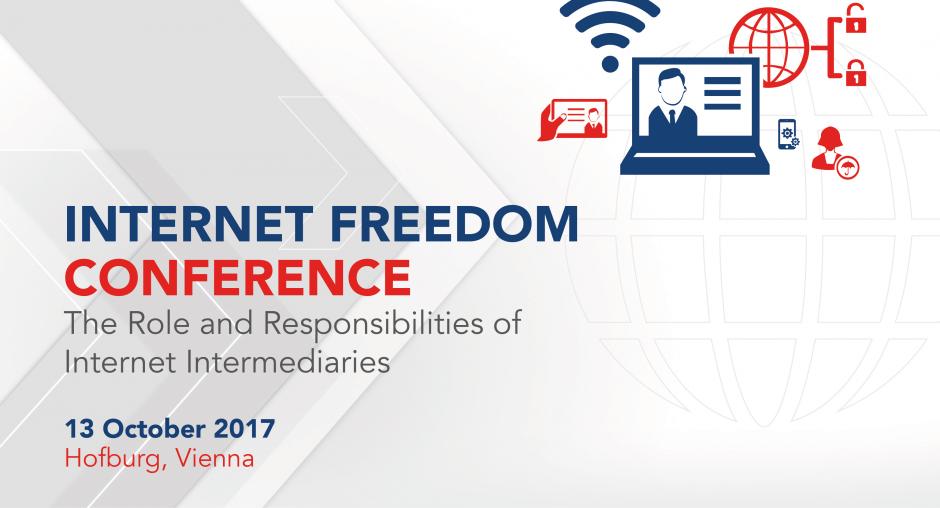Internet Freedom Conference: The role and responsibilities of internet intermediaries
When
Where
Organized by
Internet intermediaries are increasingly demanded or expected “to do more” about illegal content and activity online. In particular, they are asked to play a proactive role in addressing online “hate speech”, depictions of child-abuse, terrorism-related or copyright-infringing material, and other unlawful content.
The significance of all these developments is that there is pressure building upon Internet intermediaries to further control online content. In this respect Internet intermediaries are not only expected to remove illegal content upon orders from relevant authorities, but also they are increasingly incentivised to assess themselves whether certain content is illegal or not. Essentially, they are being tasked with the balancing of the human rights and fundamental freedoms of the parties involved. The assignment of such a role to intermediaries risks leading to restrictions of freedom of expression which fall short of the requirements of legality, necessity in a democratic society, and proportionality with a legitimate aim.
The Conference will bring together key stakeholders to examine current questions concerning the regulation of Internet intermediaries as gatekeepers to the exercise of freedom of expression online. Given that the needs of society in the digital age are shifting and the role of Internet intermediaries is expanding there is a need to consider more deeply the scope of their duties and responsibilities. This should be done, however, against a commitment to the protection of fundamental human rights and freedoms online, particularly the freedom of expression “regardless of frontiers”, and the rule of law.
The objective of the Conference is to engage in critical conversations about the implications of the digital space for the role and responsibilities of Internet intermediaries. In doing so, the intention is to raise questions about the nature and scope of the responsibilities of intermediaries, their role and their relationship with state and other non-state actors, including traditional media actors and civil society organizations.

